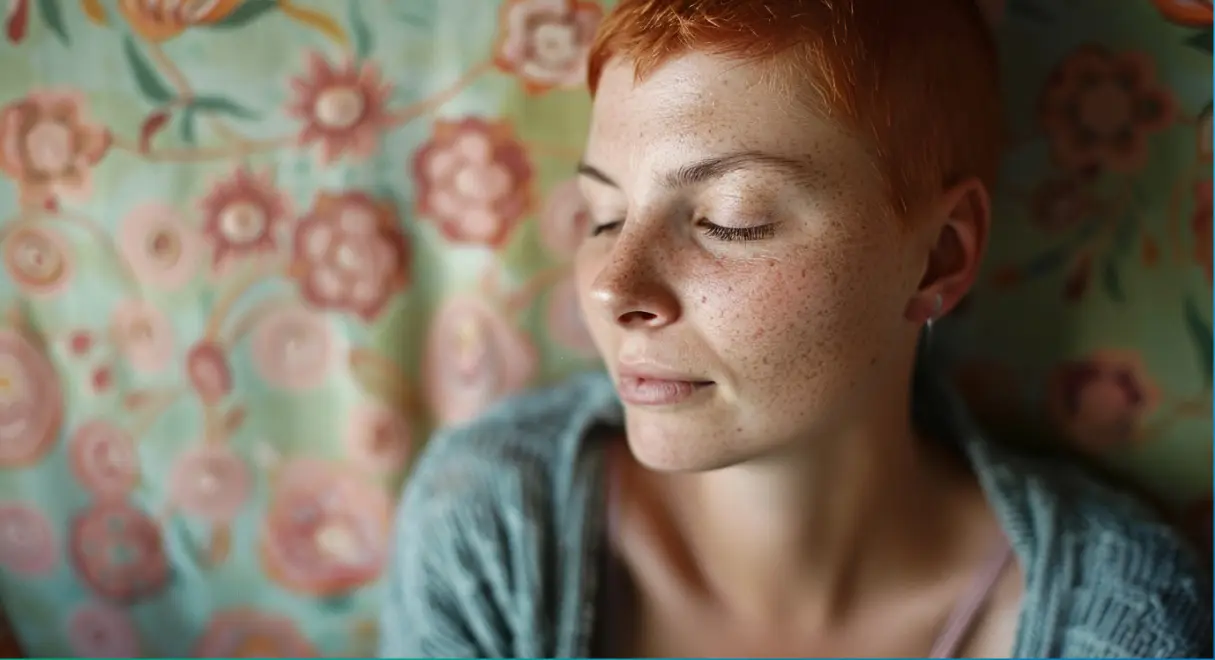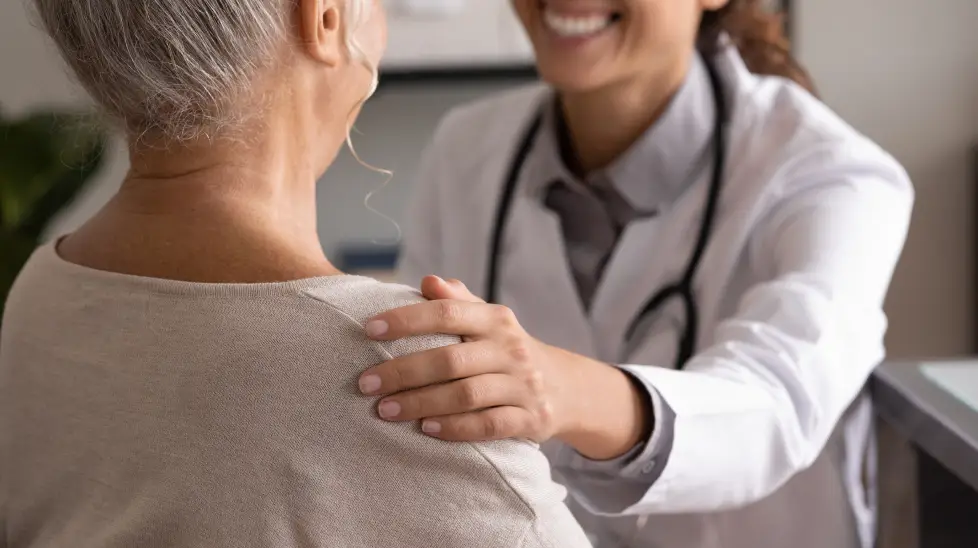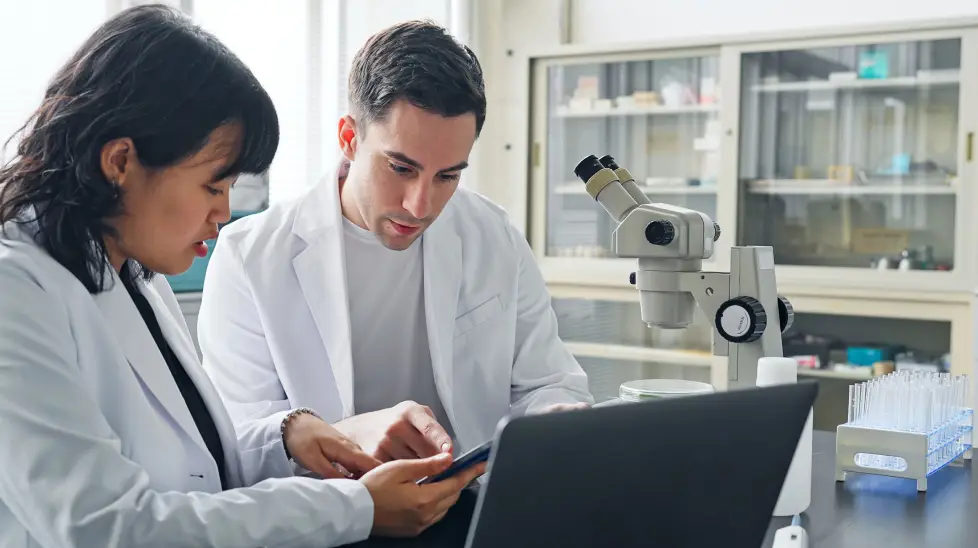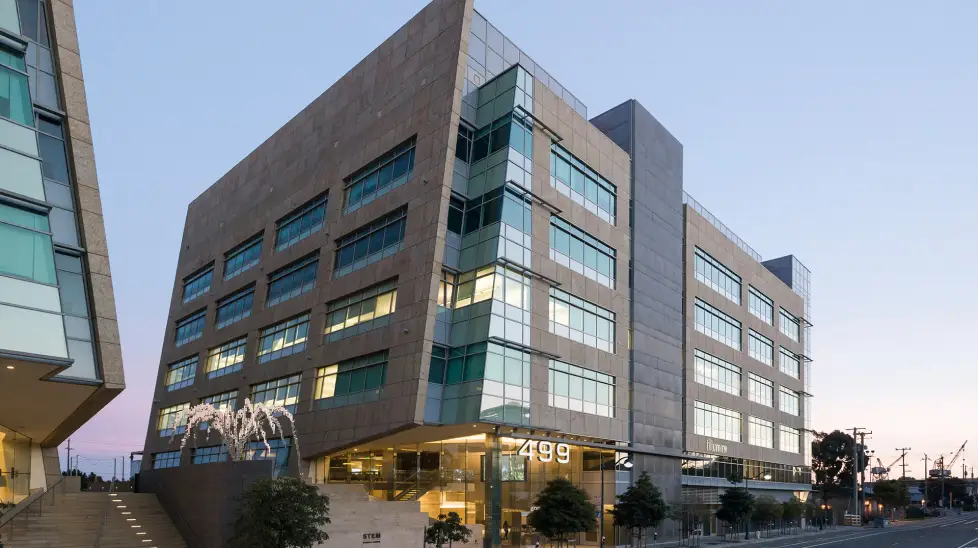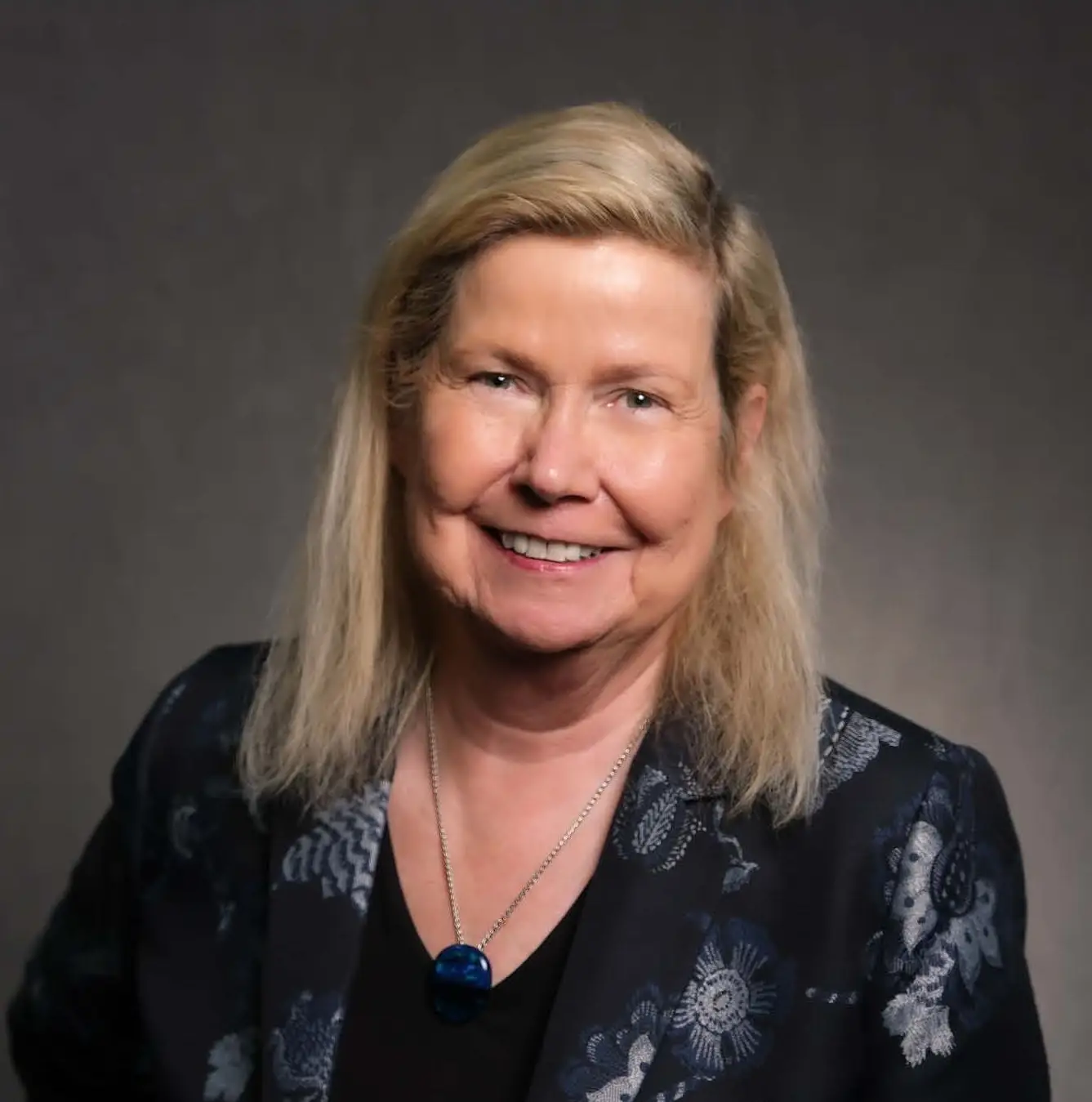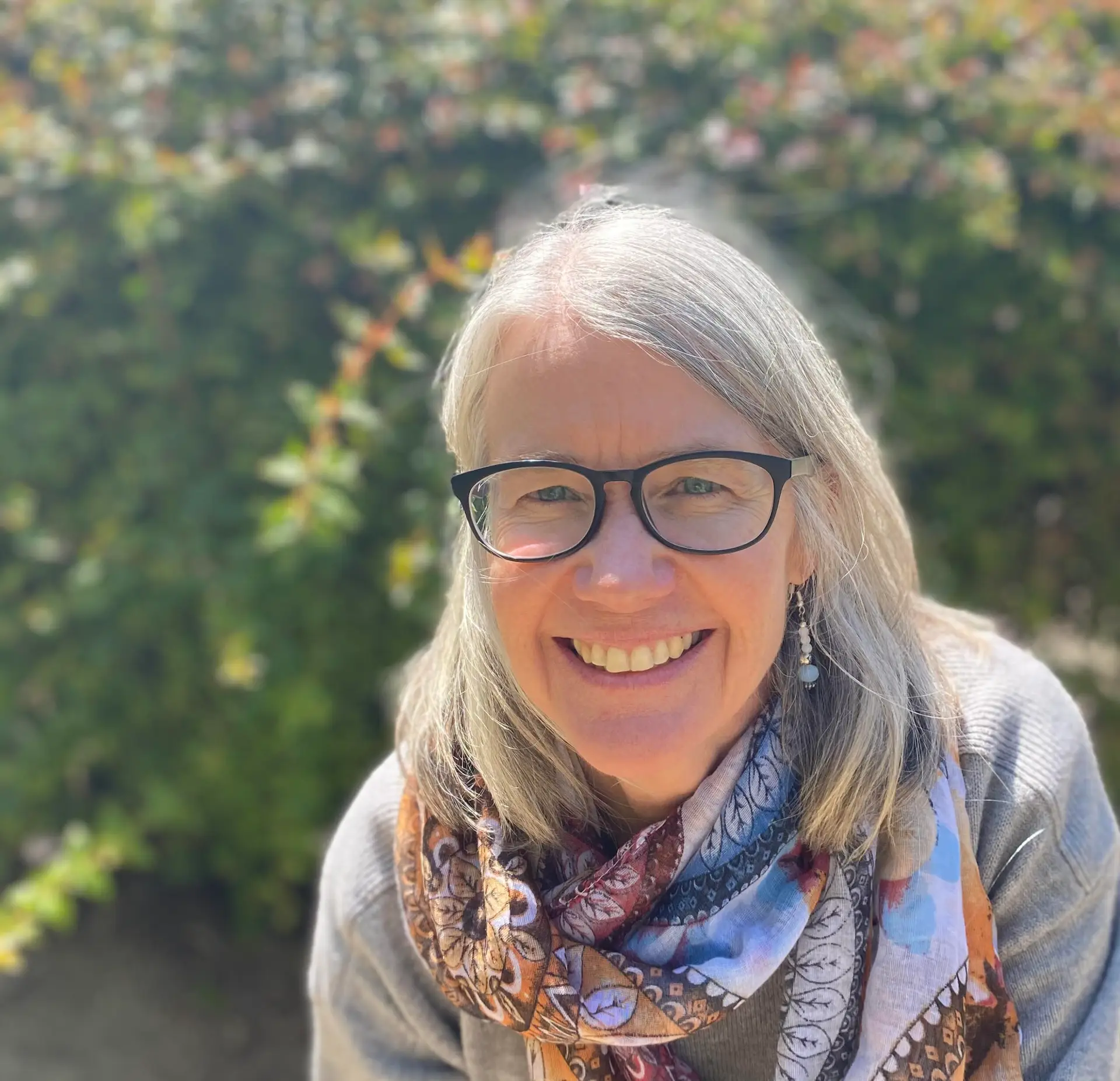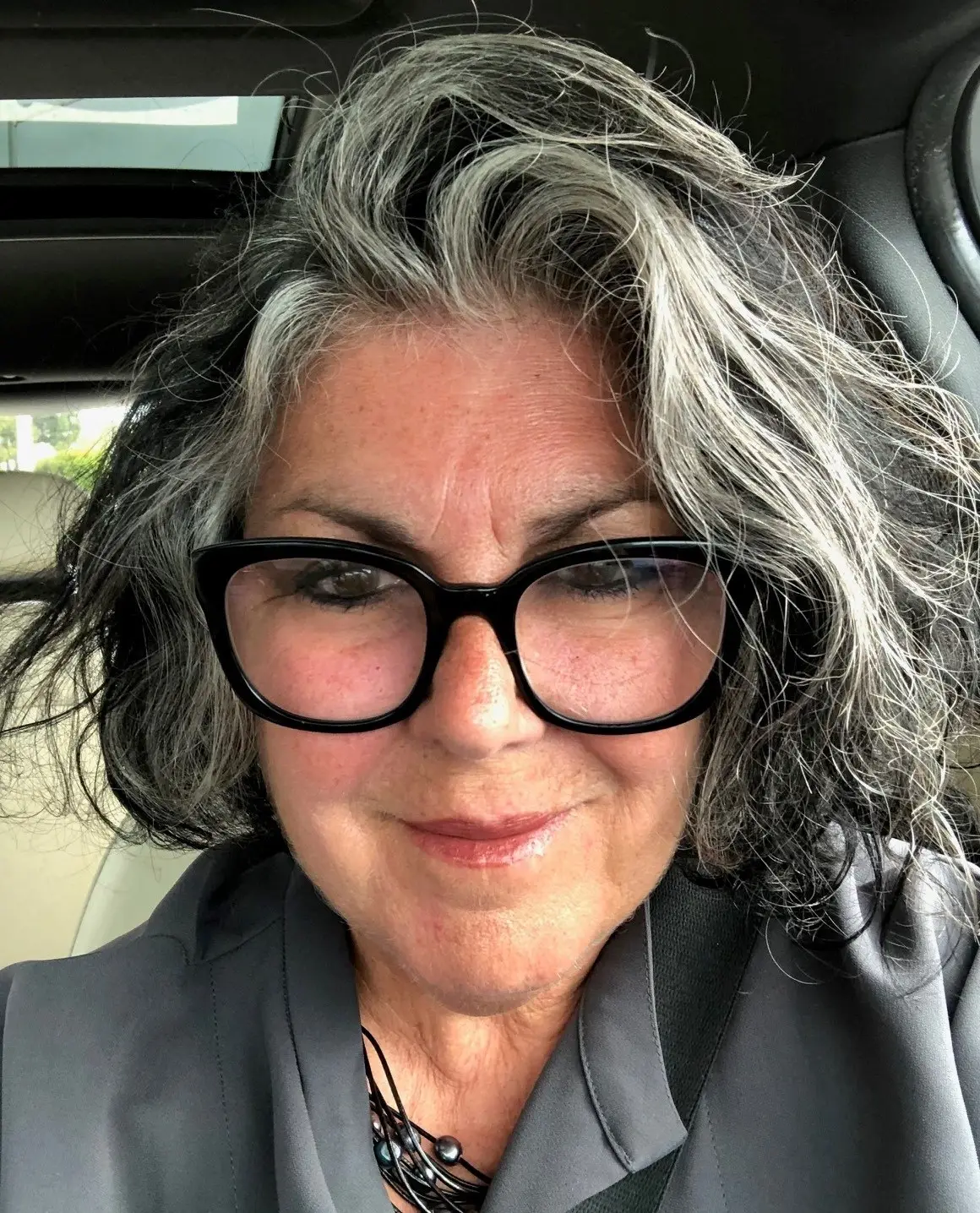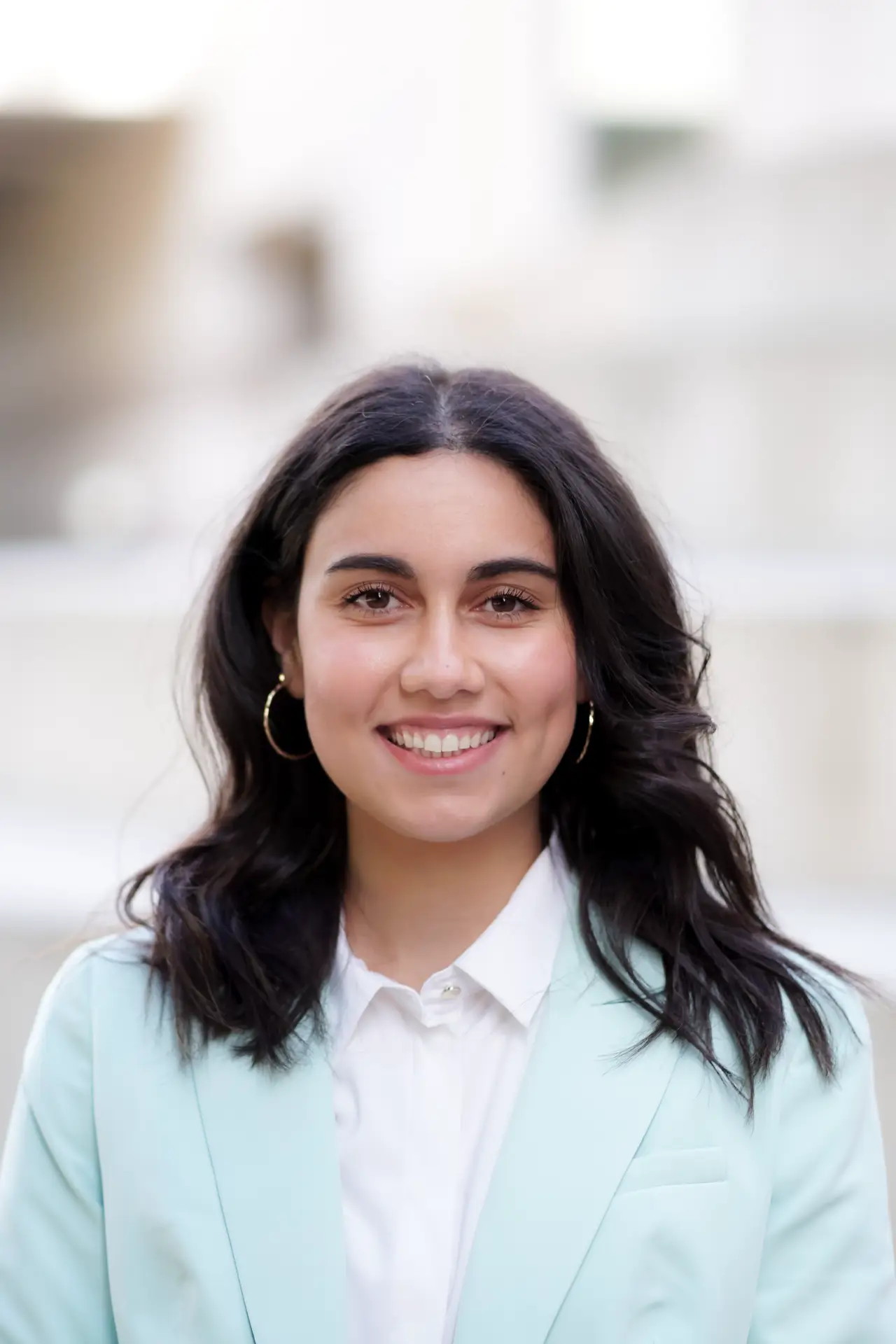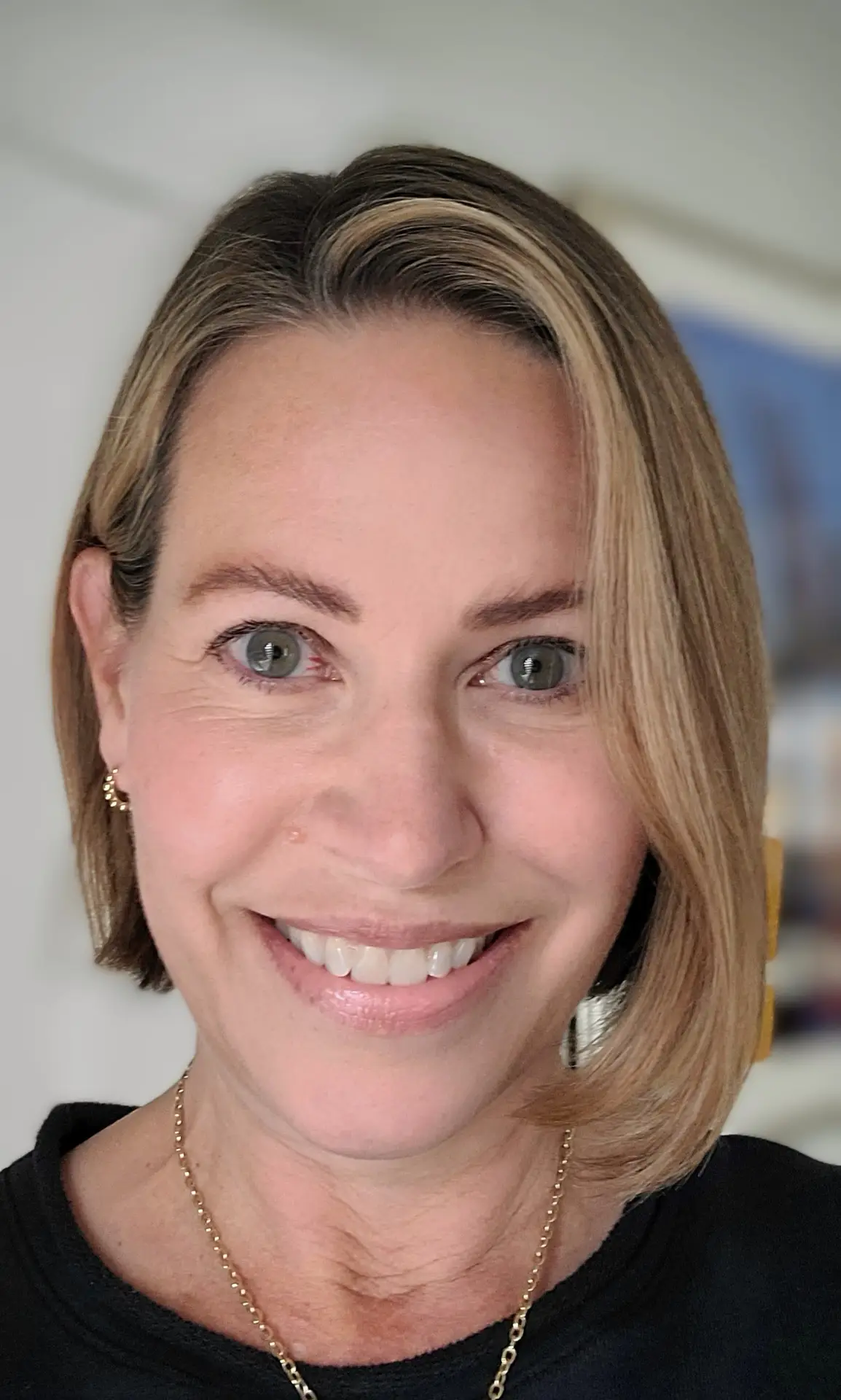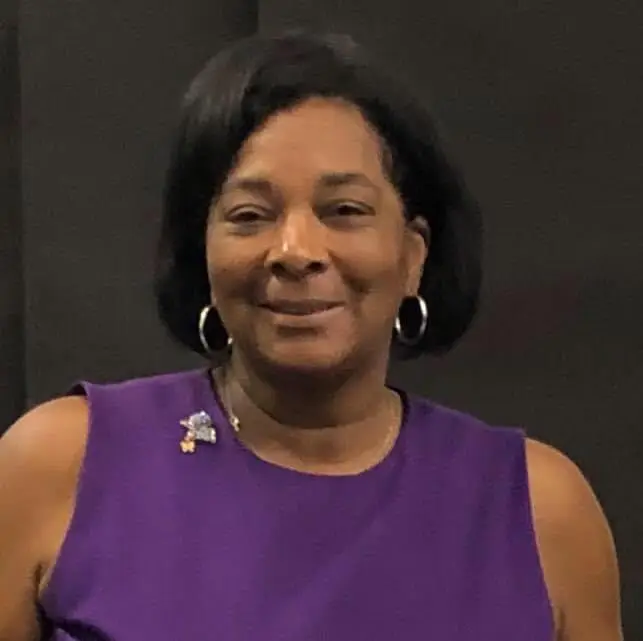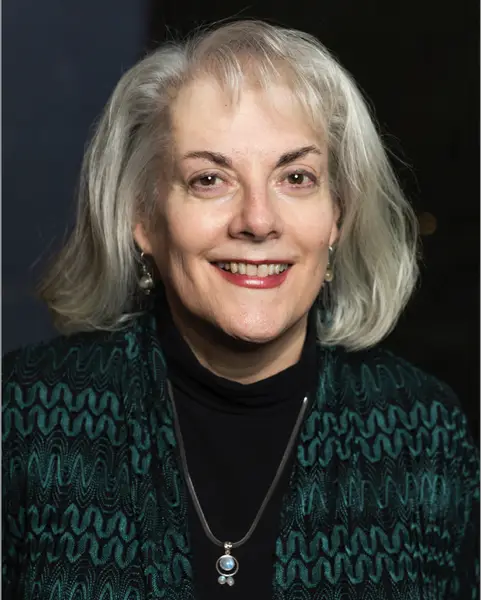Home › For Patients › I-Spy Recast DCIS Patient
I-Spy Recast DCIS Patient
Helpful information to make informed choices about a DCIS diagnosis.
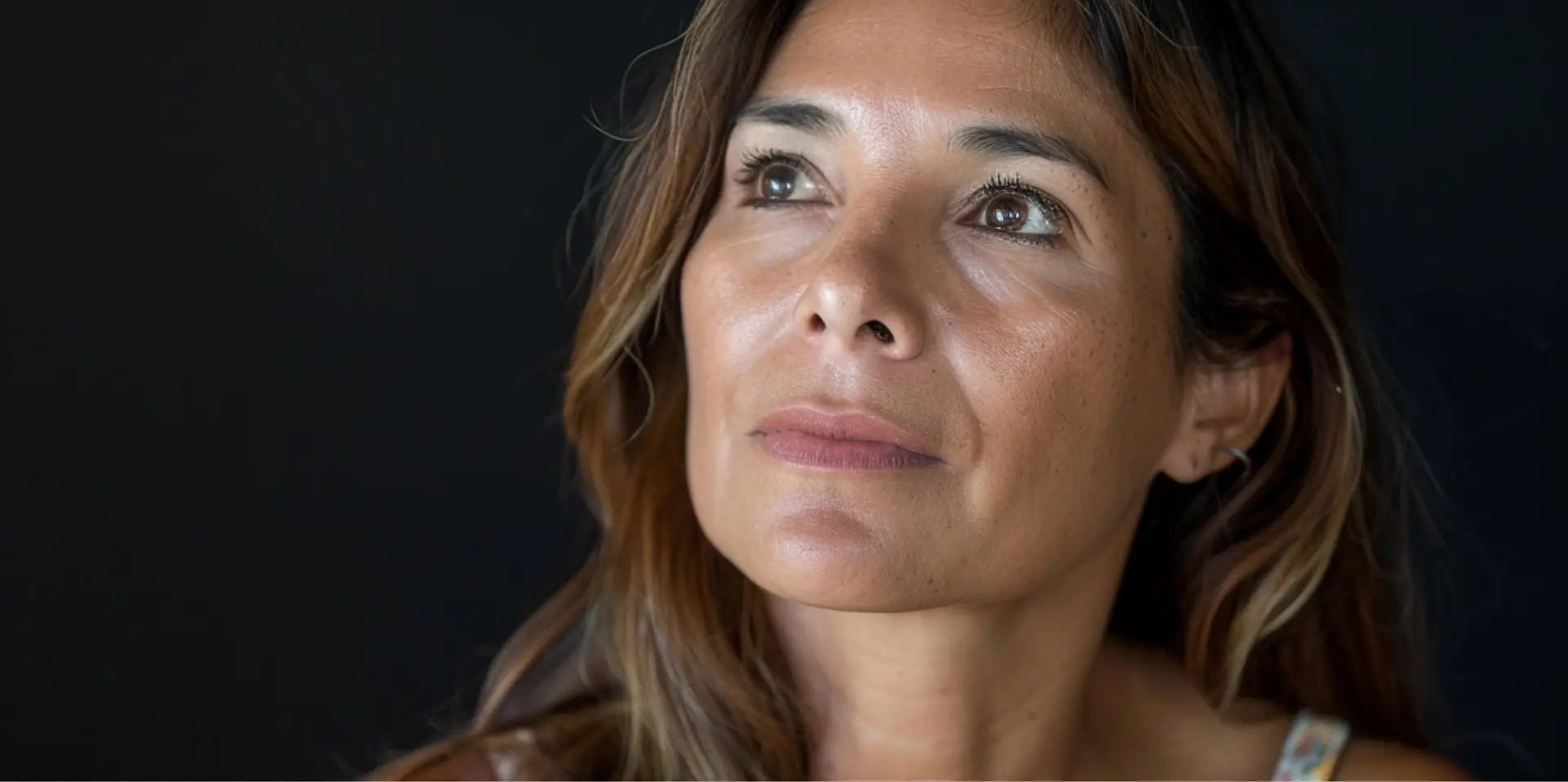
What is DCIS?
DCIS stands for Ductal carcinoma in situ (also known as intraductal breast carcinoma) and is a condition in which abnormal cells are found in the milk duct(s) of the breast. DCIS is considered an early form of breast cancer (pre-cancerous) and is not invasive. The abnormal cells do not spread to other parts of the body or blood. Most of those with DCIS have good outcomes with proper treatment.
DCIS usually occurs in women who are 50-64 years old and accounts for 20-25% of diagnoses for breast cancer Unlike other breast cancers that may present with a lump or pain, DCIS does not normally have symptoms associated with it. With no symptoms – you may wonder how do you know if you have DCIS.
How is DCIS diagnosed?
Most DCIS cases are found during screening mammograms. When the mammogram is read, DCIS shows up as bright white specks (calcifications) informing the radiologist that this is a suspicious area and needs more imaging.
Follow up images will be taken for a more in-depth look at the area of concern. After this, if there is a need for more evaluation an ultrasound and breast biopsy could be the next step. Once a sample is taken during the biopsy, a doctor will be able to determine if there are abnormal cells and if so how aggressive these cells are.
I have been diagnosed with DCIS, now what?!
Anytime the word cancer is used it can feel overwhelming and scary. It’s important to know that DCIS is not life-threatening and there are options for your treatment.
First thing you should do is consult with your doctor about your options. While DCIS is not life threatening, if left untreated it can advance to an invasive cancer and should not be ignored.
Traditional therapies and treatments include:
- Lumpectomy usually with breast irradiation: Here a lumpectomy, or removal of a segment of breast tissue, occurs to remove the abnormal cells followed by radiation therapy to eliminate any remaining malignant cells. (About 20% of patients need an additional surgery to remove additional abnormal cells.)
- Total mastectomy: A full breast removal, or total mastectomy, may be needed depending on the location and size of DCIS in relation to the breast size. This treatment does not require additional radiation therapy
What if I am interested in saving my breast or less invasive and/or alternative treatments?
Low-risk DCIS patients may be eligible for the Re-Evaluating Conditions for Active Surveillance Suitability as Treatment: Ductal Carcinoma In Situ (RECAST DCIS) Platform Trial.
While the idea of a clinical trial may sound intimidating for what is labeled as a low-risk cancer, the reality is most DCIS cases are over-treated. DCIS patients are treated very similar to those with more invasive cancers, when this is actually a very slowly progressing disease.
The RECAST-DCIS trial aims to eliminate unnecessary aggressive treatments, and instead preserve as much of the body as possible with as low toxicity to the patients as possible. It is changing the way medicine is done!
How does the trial work?
The trial offers eligible DCIS patients the option to skip surgery and undergo endocrine therapy with long-term monitoring. Endocrine therapies are treatments that control the growth of the abnormal DCIS cells by changing how the cells respond to hormones, ideally stunting the growth of the abnormal cells.
What should I expect if I join the trial?
If you decide to join the trial, you will speak with a clinical trial team member to determine if you are a match for the study. If you are a potential candidate, you will be asked to sign a form to give your consent for the study staff to perform tests and collect your health information. The tests include an MRI scan (if you have not already had one), providing saliva to test for cancer genes, standard blood tests and blood test for research. You will also be asked to complete a questionnaire before treatment and then every few months after starting treatment to track how you are doing.
After the tests are completed and you are confirmed to be a good match for the trial, you will be assigned to one of four possible endocrine therapies. These assignments are done randomly and the clinical trial doctors do not know in advance to which therapy you will be assigned. While random assignment may sound careless or casual, it is actually done to ensure that the treatments and results are completely unbiased and provide the best and cleanest data.
Once you are assigned to a therapy, you will give your consent to start treatment. You will return to see your clinical trial doctor at three months, and at six months after starting treatment. To assess the status of the DCIS as well as your health, you will receive MRI scans and blood tests 3 and 6 months after starting treatment, as well as a mammogram at 6 months after starting treatment.
If the treatment is working well for you, you and your trial doctor could decide to continue this treatment for up to 3 years. You will continue to be monitored by MRI scans or mammogram every 6 months during this period to make sure that you remain at low risk to continue on treatment. You or your doctor can decide to stop the study treatment and move to the traditional surgical treatment at any time.
This trial provides patients with a less invasive treatment while keeping surgery as an option for the future.
For more information or if you are interested in learning more please contact the site nearest you. Click here for site list and contact information.
What should I do next?
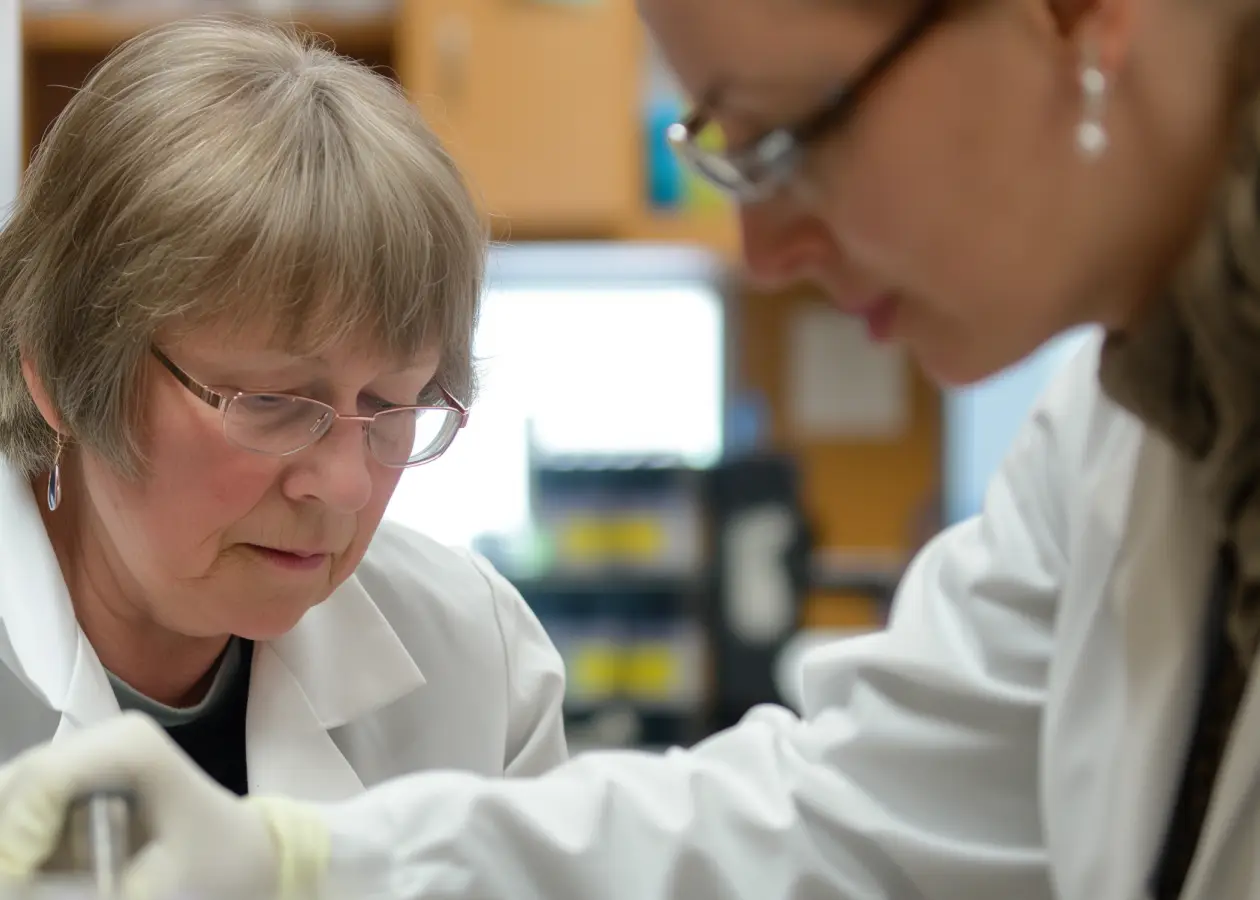
Making Your Decision
Why Trials Are Important
Carefully conducted clinical trials give researchers and breast cancer patients the opportunity to work to together to advance all aspects of breast cancer care.
Understanding more about clinical trials:
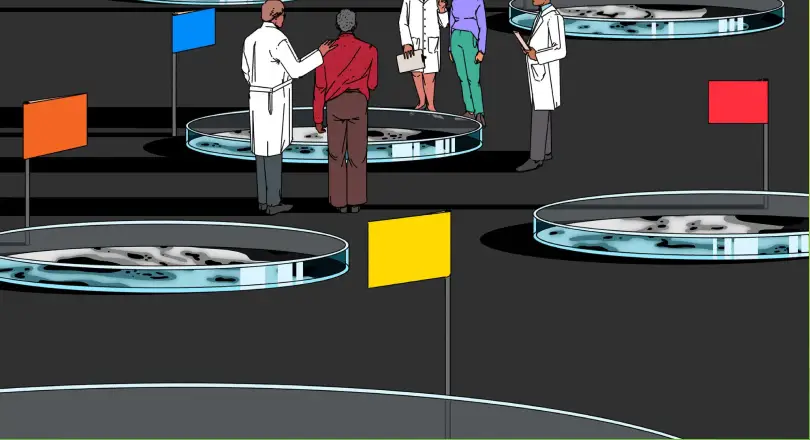
Not Everything We Call Cancer Should Be Called Cancer
By Laura Esserman and Scott Eggener
Dr. Esserman is a surgeon and breast cancer oncologist at the University of California, San Francisco. Dr. Eggener is a surgeon and urologic oncologist at the University of Chicago.
